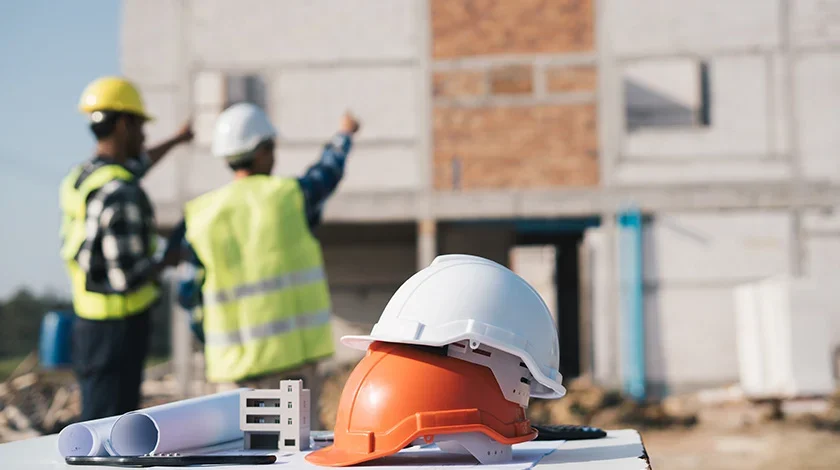Co-authored by Jace Coaldrake-Redhouse
The rise of phoenixing in the building and construction industry in Australia in recent years has proved a significant challenge to regulators. Mismanagement of time or cashflow can quickly propel businesses into insolvency.
Construction insolvencies have spiked post-pandemic – according to the Reserve Bank of Australia construction industry insolvencies currently account for almost 30% of company insolvencies in Australia. This is double the already high pre-pandemic levels.
Phoenixing is the practice of deliberately liquidating a company to avoid its debts and liabilities. The business of that company is then resurrected through a separate entity.
To combat this practice, the NSW Government has introduced the Building Legislation Amendment Bill (Amendment Bill). The Amendment Bill inserts new provisions into the Home Building Act (HBA). The new laws, empower the Secretary to disqualify individuals trading as a partnership, or persons managing or directing a company, from holding a license to perform building work (excluding owner-builder permits) where they have been involved in insolvencies or intentional phoenixing.
The new Section 33A(1B) of the HBA allows the Secretary to disqualify a person, or a company with which an individual is associated, from holding a building licence if:
(b) the person was a director of a company and the company, or one of its directors, has committed an offence under the Corporations Act; or
(b) the person was involved in the management of a company within six-months prior to the company being wound up, entering a deed of company arrangement or going into administration or receivership.
The introduction of these new provisions aims to protect creditors and the broader business community from the potential for abuse of the corporate structure by holding individuals accountable for their role in a partnership or company. The withholding of licenses is to serve as a deterrence against phoenixing.
The alignment of the provisions of the HBA with the Corporations Act shows a commitment by the NSW Government to create a robust regulatory framework to bolster the integrity of, and restore customer confidence in, the building and construction industry.
If your construction business requires a licence to work, please contact our Building and Construction experts for legal advice related to restructuring your business or winding your company up.














